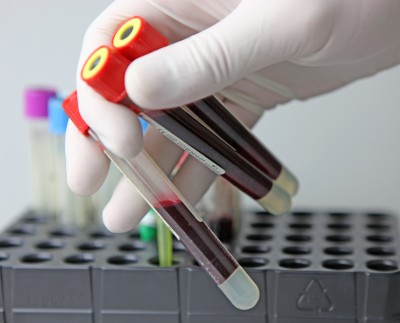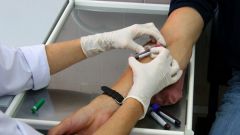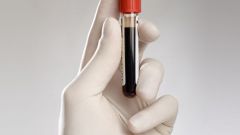Instruction
1
The adrenal glands, located over the kidneys, secrete a number of hormones that are vital to the body. The inner part of the adrenal gland (the medulla) produces epinephrine and norepinephrine - the so-called "stress hormones". The outer part of the adrenal gland (cortex) produces aldosterone, which is responsible for the balance of salts in the body, and cortisol, which is responsible for the metabolism of proteins, fats and carbohydrates. Also in the cortical layer produces some male sex hormones - androgens.
2
In some diseases the formation of adrenal hormones are disrupted, resulting in the involvement of the pituitary gland and hypothalamus that in consequence of improper hormone balance, begin to stimulate the adrenal glands. As a result, their size may increase up to 20 times. Wrong emission of hormones of adrenal threatens a violation of all the hormonal status of the organism. It is therefore necessary to diagnose problems that can be associated with dysfunction of the adrenal glands.
3
For the assessment of adrenal doctor may prescribe following tests: blood from a vein for cortisol, DHEAS, 17-Oh-progesterone, ACGT, testosterone, a blood test for electrolytes, analysis of daily urine for catecholamines.
4
In case of rejection of adrenal hormones from the norm, your doctor may prescribe tests and other hormones. This is done in order to check how other organs involved in hormonal failure, and to determine if other organ cause problems in the adrenal glands.
5
In the study the adrenal glands are required to appoint ultrasonography (us) of kidneys and adrenal glands.
6
In the case of obvious abnormalities on the ultrasound results, the doctor can send patient for computed tomography (CT) or magnetic resonance imaging (MRI) of the adrenal glands.
Note
A blood test for adrenal hormones. Hormones produced by the adrenal glands, called "immune" or "stress". This is due to the fact that they modulate thyroid function and increase resistance to various diseases, stress situations and disorders in the various organs.
Useful advice
Today conducted tests for adrenal hormones and can detect many diseases. The hormone cortisol, which is produced by the adrenal cortex, is a stress hormone. When a person begins to experience psychological or physical stress, this hormone begins to produce by the adrenal cortex.











